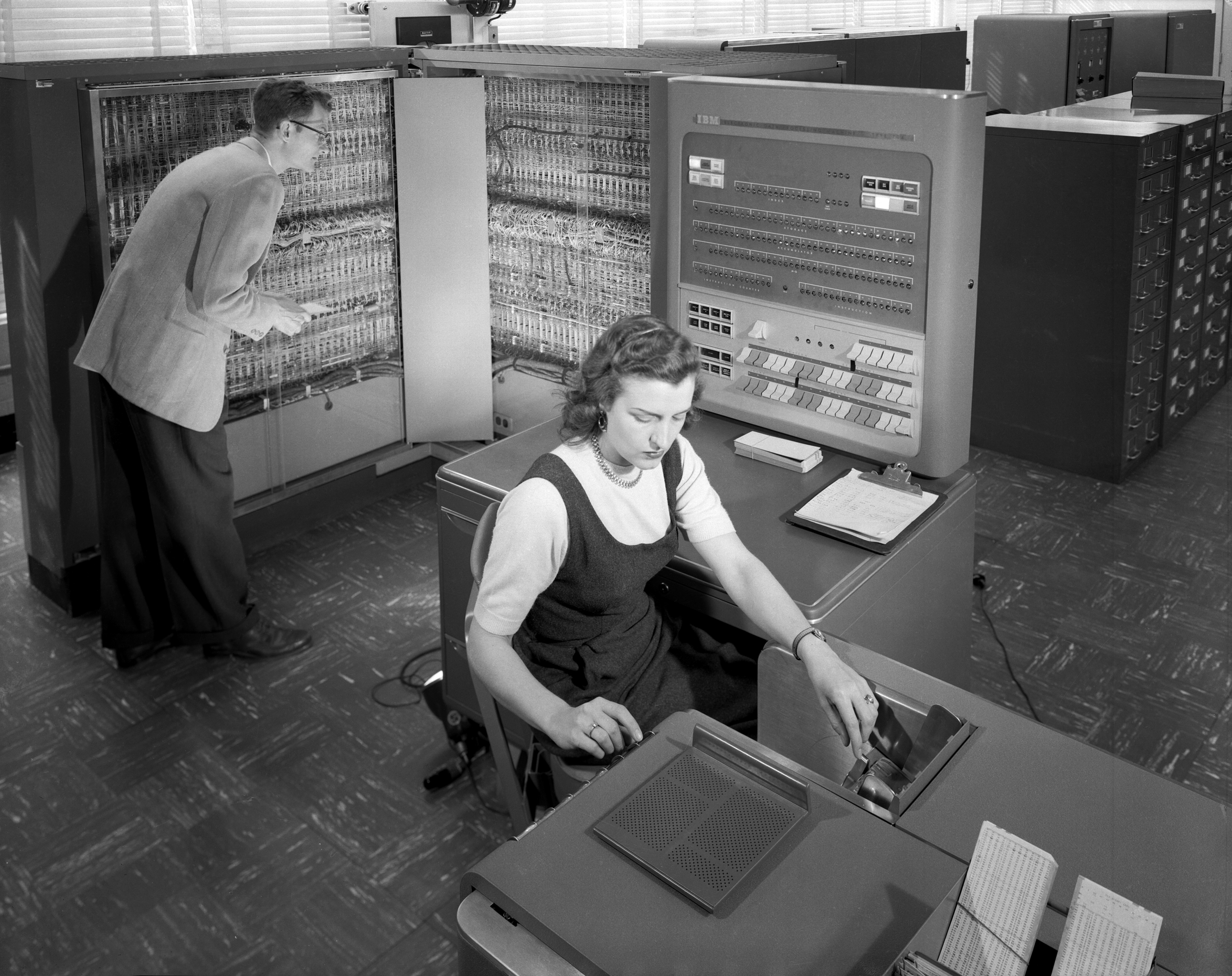
A fascinating and unexpected turn for me these past few weeks has been my sudden love affair with data. I have a student teacher in my classroom once a week (it boggles my mind and slightly frightens me that I would be trusted with a student teacher) and she said something offhand about "I just love data." That really got me thinking about data and all the nifty things it can show you. This was in exact timing of me beginning to take data for my Action Research project. I am attempting to track critical thinking comments about two graphic biographies of civil rights leaders through student book club conversations. As I began to take my data during the initial conversations, I realized right away that the method I had set up for tracking student critical thinking comments was extremely flawed. I realized I was trying to force something qualitative to be quantitative, and that the data I was taking simply wasn't a perfect reflection of what I am observing in my book clubs. Luckily, the goal of the Action Research class is to learn the basics of Action Research, and this experience has taught me the value of not forcing data to be something it's not.
I learned data has a democratic power in our classroom settings as well. I observed a trend in our morning meeting "share" portions with a rise in elaborate toys and a decline in meaningful student commenting. I began to track this almost instinctively one week, noting who is sharing and what, who is commenting and the type of comment and frequency, and obviously, who is declining to insert their voice into the conversations. At the end of the week, I suggested a "verbal share" without toys, and the way the conversation kicked into gear after a few moments made it hard to keep up with my data-tracking sheet. This proved to me what I had suspected, but even more powerfully than that, gave me something to share with the students. They understood what it meant right away when I shared my findings with them, and it led to an insightful conversation about what makes for good shares and comments so that we can practice speaking and listening the way we need to in 4th, 5th, and 6th grade.
So much of our growth has been in the space of democratic class meetings, but choosing to include them in the data and the interpreting of that data really brought home the theme of student ownership of their communities. In The Activist Learner, the authors claim “Learning should open the gateway that enriches every student’s sense of agency; their dynamic mindsets as people, readers, and writers; their sense of estimable personhood; to reflection and the capacity to know what one knows and how one knows it, and where one will go next; to more enlightened and wide-awake living” (Wilhelm, Douglas, and Fry, 2014, p.43). I had never before thought about data being connected with this meta-cognition we are seeking to help students develop within themselves, but having seen it first hand, the connections are clear. I hope to use data to empower students to ask and answer the questions that matter to understand and then transform their world around them into the place they want to live in.
No comments:
Post a Comment